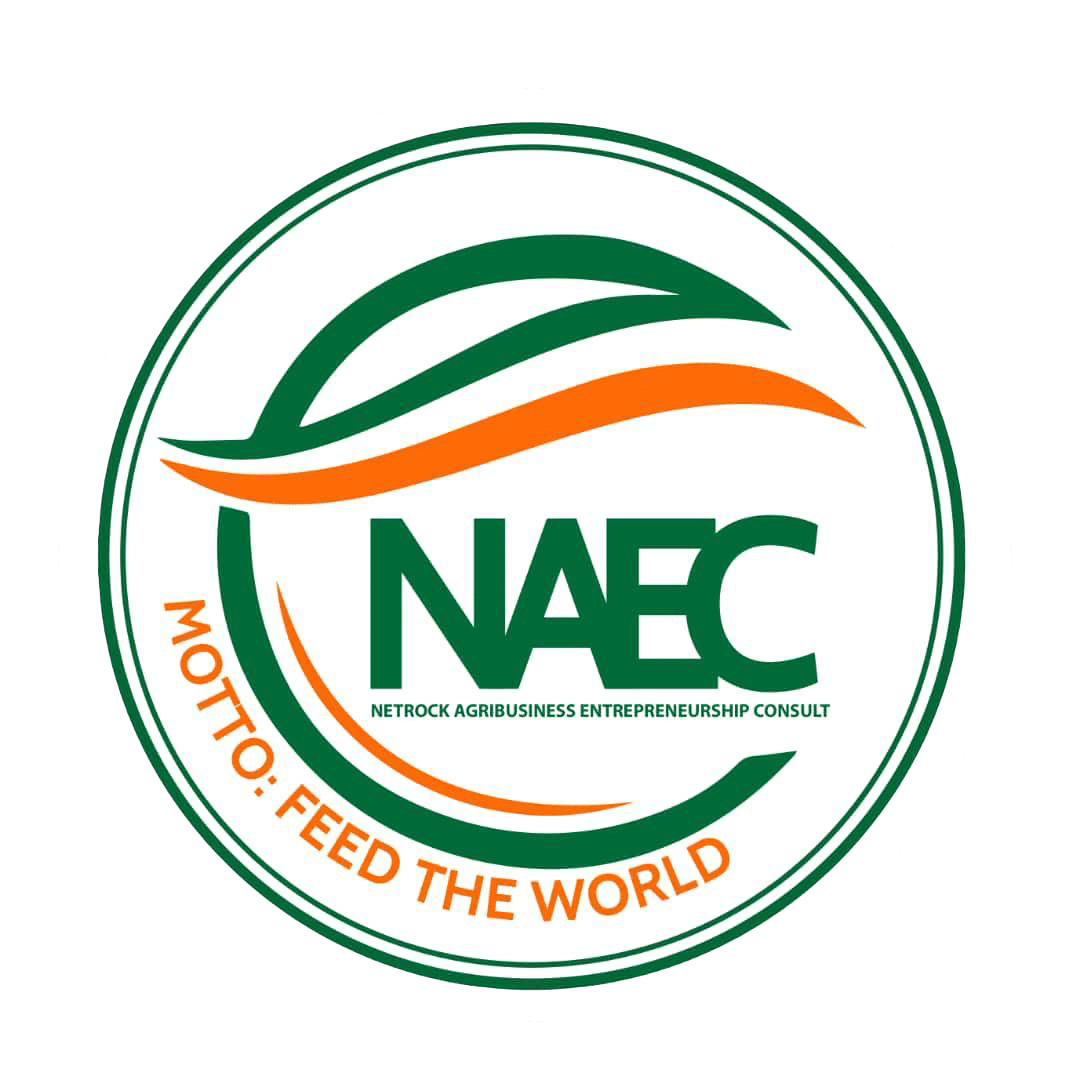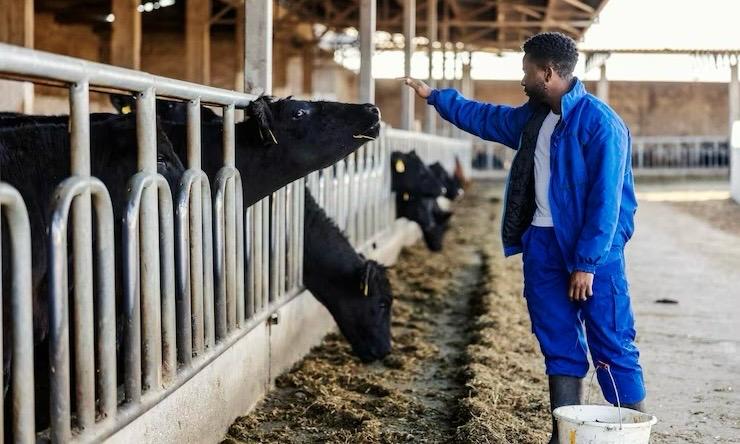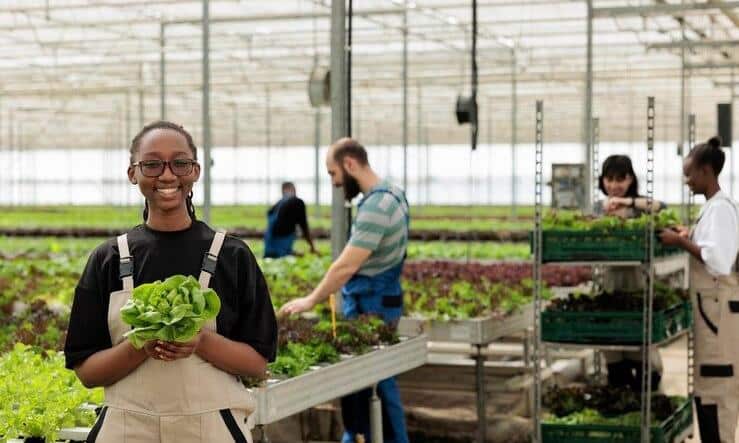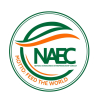How to Reduce Water Waste in Your Farm Operations
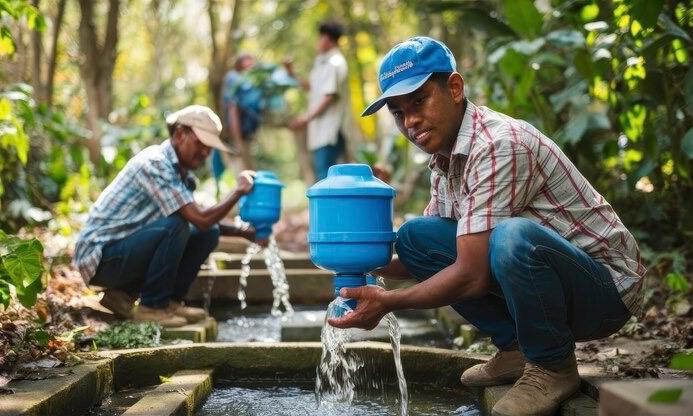
Water is one of the most critical resources in agriculture, and efficient management is key to sustainable farming. Reducing water waste not only conserves this valuable resource but also lowers costs and improves overall productivity. Here are some effective strategies to minimize water waste in your farm operations:
1. Implement Precision Irrigation Systems
Modern irrigation technologies help deliver water directly to where it is needed most:
Drip Irrigation: Reduces water loss by delivering water directly to plant roots.
Sprinkler Systems: Optimize water distribution over large areas with minimal waste.
Sensors: Use soil moisture sensors to irrigate only when necessary, avoiding overwatering.
2. Capture and Reuse Rainwater
Rainwater harvesting is an excellent way to supplement your water supply:
Install Storage Tanks: Collect and store rainwater for irrigation.
Use Ponds or Reservoirs: Create natural water storage systems on your farm.
Integrate Filters: Ensure rainwater is clean and ready for agricultural use.
3. Optimize Crop Selection and Placement
Choosing the right crops and planting them strategically can reduce water demand:
Drought-resistant Varieties: Grow crops that require less water.
Crop Rotation: Improve soil structure and water retention by rotating crops seasonally.
Zoning: Group crops with similar water needs together to avoid over-irrigating some areas.
4. Improve Soil Health
Healthy soil retains more water and reduces runoff:
Add Organic Matter: Use compost or manure to improve soil structure.
Cover Cropping: Prevent soil erosion and enhance water retention.
Mulching: Reduce evaporation by covering soil with organic or synthetic materials.
5. Maintain and Upgrade Equipment
Faulty equipment can lead to significant water loss:
Fix Leaks: Regularly inspect irrigation systems for leaks and repair them promptly.
Upgrade Infrastructure: Invest in modern, water-efficient equipment.
Automate Systems: Use timers and automation to control irrigation schedules.
6. Use Data and Technology
Leverage technology to monitor and manage water use:
Weather Forecasting: Plan irrigation around rainfall and weather conditions.
IoT Sensors: Monitor real-time data on water usage and soil moisture.
Mobile Apps: Use apps to control irrigation remotely and access analytics.
7. Educate and Train Workers
Ensure everyone involved in farm operations understands the importance of water conservation:
Provide Training: Teach workers how to identify and address water waste.
Establish Protocols: Create guidelines for efficient water use.
Encourage Accountability: Reward efforts to conserve water.
8. Monitor and Evaluate Performance
Regularly assess your water management strategies to identify areas for improvement:
Track Usage: Keep detailed records of water use and identify trends.
Set Goals: Establish water-saving targets and measure progress.
Adjust Strategies: Refine practices based on performance data.
By adopting these strategies, farmers can significantly reduce water waste while maintaining productive and profitable operations. Water conservation not only benefits individual farms but also contributes to a more sustainable future for agriculture.
